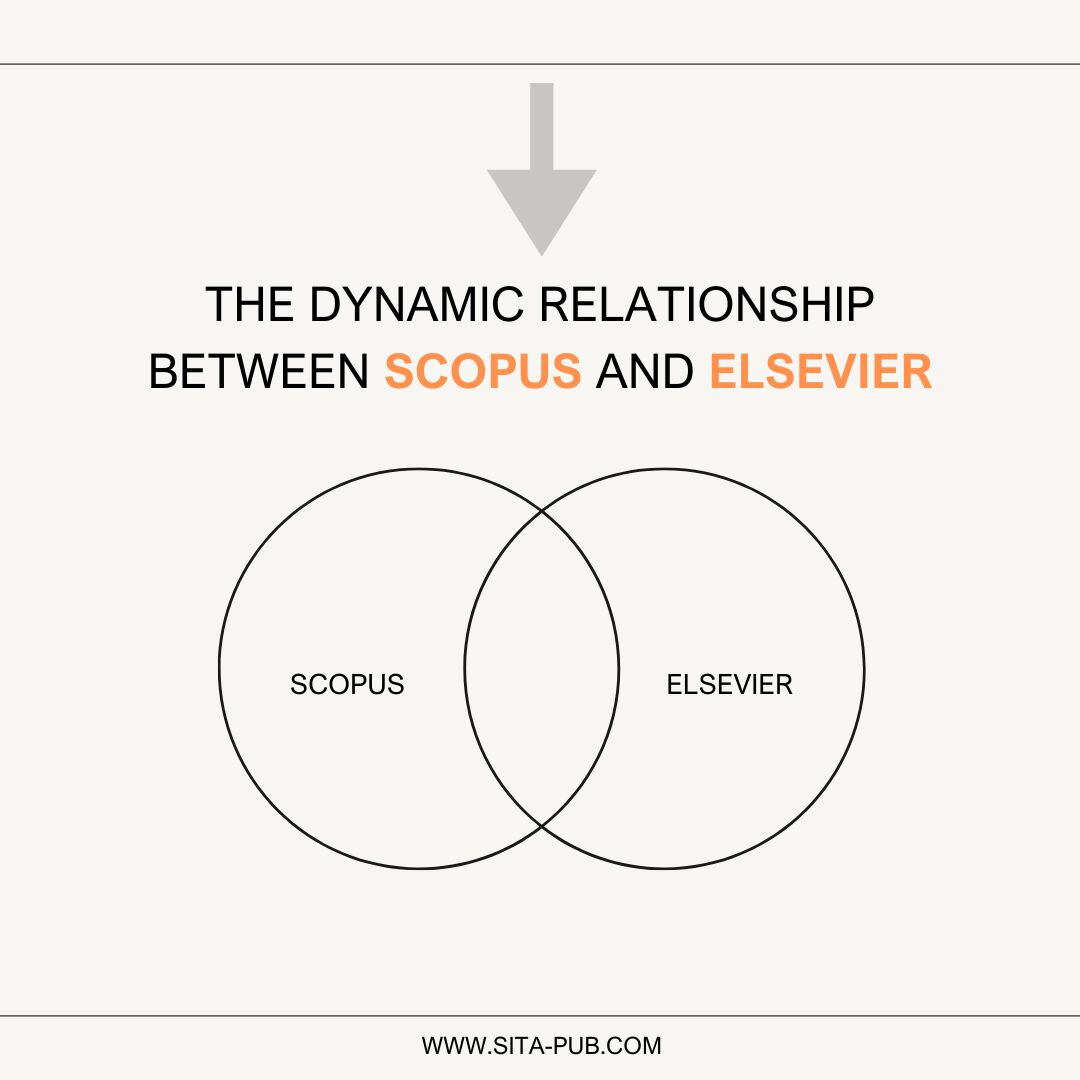The dynamic relationship between Scopus and Elsevier


The landscape of scholarly communication and publishing has undergone significant transformations in recent decades, driven by the rapid advancements in digital technologies and the growing emphasis on research evaluation and impact. At the forefront of these changes are two key players – Scopus, the largest abstract and citation database, and Elsevier, one of the world's leading academic publishers. The relationship between these two entities has been evolving, reflecting the broader shifts in the scholarly ecosystem.
Scopus, owned and operated by Elsevier, has become a crucial tool for researchers, institutions, and policymakers to assess the quality and impact of academic research. As the largest curated abstract and citation database, Scopus provides a comprehensive view of the global research landscape, covering over 23,000 peer-reviewed journals, books, and conference proceedings across multiple disciplines. The platform's robust citation analysis capabilities, coupled with its extensive coverage, have made it an indispensable resource for researchers and research administrators.

The symbiotic relationship between Scopus and Elsevier's publishing arm has been a subject of ongoing discussion and scrutiny. Elsevier's ownership of Scopus has led to accusations of potential conflicts of interest, as the company may be perceived to have an advantage in promoting its journal publications over those of its competitors. However, Elsevier has maintained that Scopus operates independently, with its own rigorous selection criteria and editorial processes, ensuring a fair and transparent evaluation of scholarly works.
Despite these concerns, the integration of Scopus data into Elsevier's publishing ecosystem has brought about several benefits for researchers and authors. Elsevier's author services, such as the Journal Finder and other tools, leverage Scopus data to provide researchers with recommendations on the most suitable Elsevier journals for their work based on factors like journal scope, impact, and citation metrics. This alignment between Scopus and Elsevier's publishing offerings has streamlined the journal selection and submission process for researchers, potentially increasing their chances of publication in high-impact venues.

Moreover, the interplay between Scopus and Elsevier's publishing activities has also influenced the broader scholarly communication landscape. Elsevier's extensive journal portfolio, which is well-represented in Scopus, has led to a heightened focus on Scopus-indexed publications as a marker of research quality and impact. It, in turn, has shaped the publication strategies of researchers, who often prioritize publishing in Scopus-indexed journals to enhance their academic standing and funding opportunities.

However, this emphasis on Scopus-indexed publications has also raised concerns about the potential biases and the marginalization of research from certain regions or fields. Critics have argued that the Scopus database, and by extension, the Elsevier publishing ecosystem, may favor Anglophone and Western-centric research, overlooking valuable contributions from diverse global perspectives. It has prompted calls for more inclusive and equitable approaches to research evaluation and publication.
In response to these concerns, both Scopus and Elsevier have taken steps to address the issues of diversity and inclusivity. Scopus has expanded its coverage to include a more diverse range of journals, particularly from emerging regions, and has implemented measures to ensure fair and transparent evaluation of research outputs. Elsevier, on the other hand, has made efforts to promote open-access publishing and support initiatives that increase the representation of underserved communities in scholarly communication.

Are you looking for support to publish your work in reputable journals like Scopus or Elsevier?

SITA offers a comprehensive range of services to guide you through the publication process. From selecting the right journal to the final formatting of your manuscript, our team of experts will support you at every step to maximize your chances of getting published in these prestigious outlets. Whether you are an early career researcher or an established scholar, our customized solutions will help you showcase your research globally. Contact us today to learn more about our publication support services.
If you have any questions, inquiries, or would like to learn more about our services, please don't hesitate to reach out to us. Our dedicated team is ready to assist you.